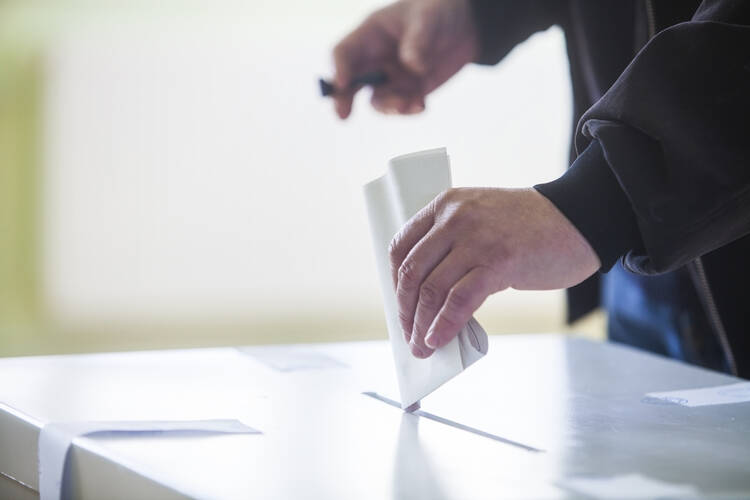More than 170,000 Kentucky residents with nonviolent felony convictions will regain their right to vote, thanks to an executive order issued by Gov. Steve Beshear on Nov. 24. In the past, former felons had to make individual pleas for voting rights. According to the Brennan Center for Justice at New York University, one governor required an essay and three character references before he would even consider an application. The move by Governor Beshear, a Democrat who left office on Dec. 8, is not only a matter of fairness but also a sensible component of criminal justice reform. Along with lowering barriers to housing and employment, the restoration of voting rights sends a signal to ex-offenders that they are invited, and expected, to become law-abiding members of their communities. Indeed, the Brennan Center cites lower recidivism rates among former prisoners who have registered to vote.
The Brennan Center also estimates that more than four million Americans are still prohibited from voting because of felony offenses. Florida and Iowa maintain lifetime bans; exceptions can be granted by the governor on what seems to be an arbitrary basis. In other states, ex-felons must wait a certain period of time before they can register to vote, or they must provide documentation from multiple state agencies that can be difficult to obtain.
Governor Beshear has moved in the right direction, but unless Kentucky amends its constitution, any future governor could put the lifetime voting ban back in place. (The new governor, Matt Bevin, has said he will not do so.) Despite some good news this year, fairness and consistency in voting laws will require constant vigilance.








